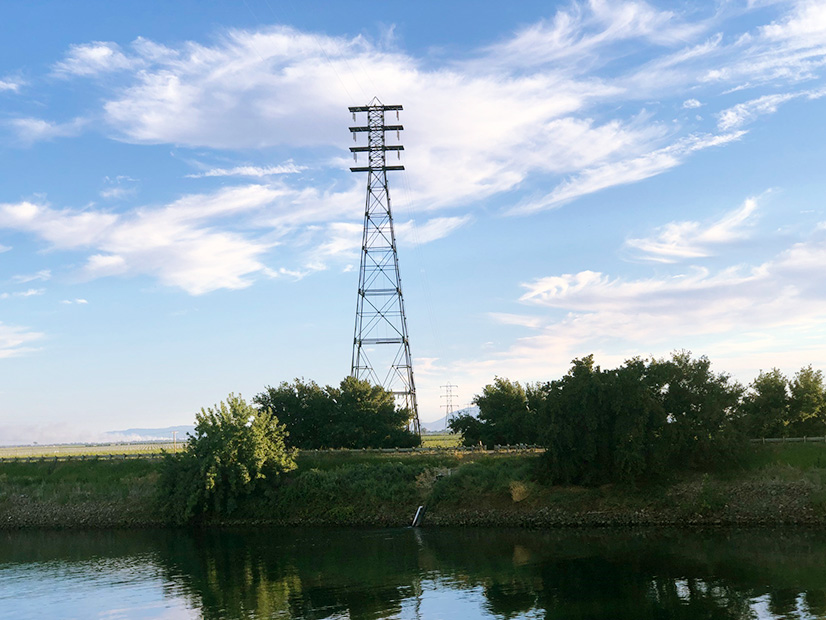The D.C. Circuit Court of Appeals on Friday overturned a 2020 FERC ruling that approved CAISO’s decision to award a 20% adder to above-cap bids for resources needed for grid reliability, saying FERC’s decision “was not the product of reasoned decision-making.” (20-1388).
The case involved CAISO’s capacity procurement mechanism (CPM), which lets the ISO purchase electricity needed to maintain grid reliability in extraordinary circumstances. It was based on a challenge by the California Public Utilities Commission, which claimed that CAISO and FERC had erred by awarding the adder to CPM resources that exceeded CAISO’s soft-offer cap reference bid of $6.31/kW-month.
CAISO and FERC had previously approved a 20% adder for resources that bid under the ISO’s soft-offer cap, saying the adder would cover going-forward costs such as maintenance and upgrades. FERC relied on its prior decision to also approve the 20% adder for resources that sought compensation above the soft-offer cap by applying for a higher rate from FERC.
The D.C. Circuit said FERC had relied on its own precedent regarding the soft-offer cap without considering the differences in the two cases.
“The commission relied chiefly on its 2015 CPM Order approving the soft-offer cap, which includes a 20% adder,” the court said. “The commission inferred from its 2015 order that applying the same adder to above-cap CPM bids would be just and reasonable.”
That was a mistake, the court said.
FERC “may attach precedential, and even controlling weight to principles developed in one proceeding and then apply them under appropriate circumstances in a [precedential] manner,” the court said. “But application of precedent is warranted only if the factual composition of the case to which the principle is being applied bears something more than a modicum of similarity to the case from which the principle derives.”
“Here … the commission failed to grapple with the distinction between bids submitted below or above the soft-offer cap, resulting in the commission’s reliance on precedent without recognition of the substantial differences between the two cases,” it said.
With the below soft-offer cap bids, “CAISO reasoned that the 20% adder would allow resources with costs higher than the reference resource to recover their going-forward costs and additional fixed costs, as well as providing investment incentives,” the court said. “In the event that the soft-offer cap does not allow a resource to recover its going-forward costs, that resource can submit a cost-justified filing to the commission for a higher rate.”
Providing the adder to above-cap bidders, however, “effectively renders the compensation formula uncapped; the greater a facility’s going-forward costs, the more it stands to recover through its cost-justified bid. This uncapped recovery stands in stark contrast to the soft-offer cap, which is meant to cap maximum bids evenly in order to facilitate competition among resources.”
Without reference to its precedent regarding soft-offer cap bids, “the commission’s order has little else, if anything, to support it,” the court said.
The court vacated FERC’s order and remanded the case for further proceedings consistent with its order.



